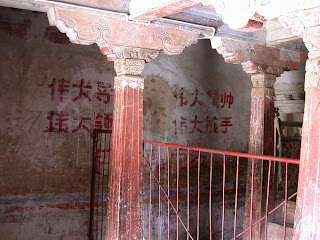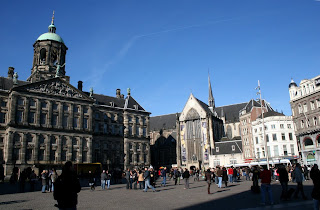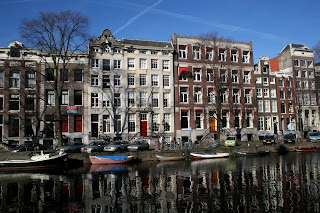When your 19-year-old one day comes up to you and says, “You are not my real dad”, or your estranged biological son decides one morning that he wants nothing to do with you because of what you did or what you didn’t do, what would you do?
It’s not uncommon, especially in the Western civilization in which the will and value of an individual is often placed above the common good of the group he belongs to, that an offspring decides to sever its family tie. The cause could be parents being abusive, negligent, distant, or the child being rebellious, emotional, immature, or simply led astray. The parents could try to reach out and make up for what’s missing, if any, but the run-away kid should make the final decision, as long as he or she is legally able, but, unfortunately, not necessarily mature and responsible enough at the same time.
The answer to Taiwan’s and Tibet’s decades-long quest for independence doesn’t lie in history but the present. The decision belongs to the majority of the native inhabitants, however “majority” is defined by international standard, simple or three quarters. When it happens, the decision should be respected.
However, in the global village today, there is more at stake than a sometimes empty title of democracy or independence.
The Mainland-China-friendly Ma Ying-jeou, of Nationalist Party, won a landslide victory in the recent presidential election in Taiwan defeating, by the largest margin in the island’s history, the incumbent Democratic Progressive Party (DPP) which has fiercely sought the island’s formal independence and return to the UN during its 8 reigning years, at the expense of sluggish economy and the declining living standard.
When I visited in Taiwan in 2003, I was shocked to discover that in Taipei’s subway, public announcements were in two languages (English and Mandarin Chinese) and two local dialects. On today’s flat earth where globalization is the inevitable future, Taiwan under the leadership of DPP, was stepping backwards and localizing and isolating its culture to return to its aboriginal form. In 2007 when people around the world were eager to learn Chinese, buy shirts and caps bearing Chinese characters, or even to tattoo them on their skin, DPP started the process of desinicization. One of the mandates was to remove the word “China” from the names of all Taiwanese companies.
Last Saturday, the people of Taiwan stamped an “F” on DPP’s report card for its priority on a quixotic quest for nominal independence over providing milk and bread to the ordinary people. How would the people of Tibet vote when they ponder over the harsh economical realty of an independent Tibet without any vital subsidies from Beijing? By the by,
Tibetan economy is an oxymoron. After 5 years of imported over-glorified democracy, the daily life of an average Iraqi seems just as bad as before the war, if not worse. What does democracy and sovereignty mean when you are 肚子扁扁? (a popular political vernacular in Taiwan meaning “empty stomached”, which cleverly rhymes with the name of the lame duck DPP president who has caused the widespread problem.)
But patriots should never sell out sovereignty, right? Just ask the nations who can’t erase their borders fast enough or shred their banknotes quickly enough to join the exclusive country club called the European Union.
What if the country club is run by a mad man? For some dark hours in the modern Chinese history, especially in the so-called Cultural Revolution, things got out of hands. I saw this in a Tibetan temple.

But it’s a very different time now. Chinese government like any other in the world is not perfect. It is vigorously improving itself. For the last 30 years, it has continuously placed economical growth and prosperity of its people above all other objectives, just as the new Taiwan president-elect promised to do in his own term. How is China doing nowadays as a result? It’s not a trick question.
What if the regime is still run by a tyrant? The answer lies quietly in a fortress called Masada in the Judean desert.

The story of rebelling Jews, commonly referred to as Sicarii zealots, chose mass suicide over surrendering to the ruling Romans didn’t survive as a heroic legend, but as a shame (until reevaluated by the Zionists to support the ideology of the modern State of Israel). The fact that it was only found in the writings of Josephus who, ironically, escaped a similar mass suicide and surrendered to the Romans, indicated that the Jewish people disapproved the act. Most modern historians concur that the appropriately labeled zealots defending Masada should have negotiated with the Romans, who in fact were surprisingly tolerant, contrary to popular belief (of course, before the great Christian Emperor came along). Violence has never been the answer. The recent turmoil in Tibetan areas will not become anything but another embarrassment in history.
The Taiwan and Tibet issue may be an issue today, but as the globalization, economic development, and democratic improvement progress, the political and economical borders in the region will be too faint to notice. The hot spots will become non issues. And that is probably the best solution.






































